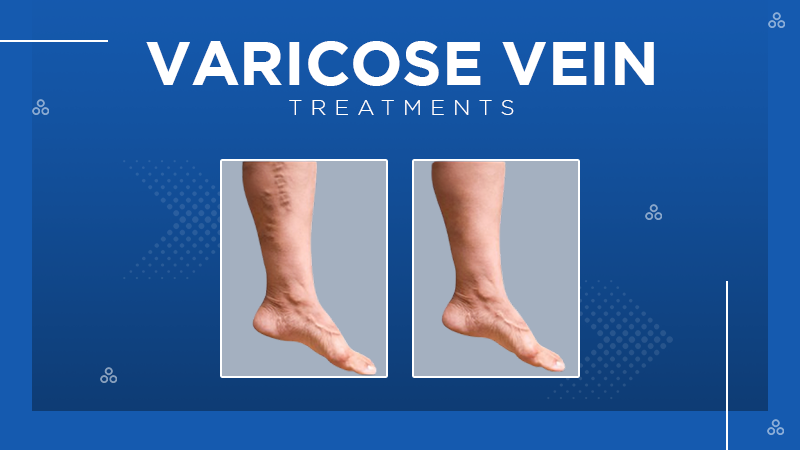- Physical Disabilities and Mobility Issues
- Health Complications
- Demand for Workplace Accommodations
- Emotional and Psychological Barriers
- Loss of Previous Job Position or Career
- Understanding Legal Rights and Protections
- Financial Issues and Insurance Issues
- Transportation and Accessibility Issues
- Restoring Professional Relationships
- Managing Long-Term Career Development
- Final Thoughts

A spinal cord injury (SCI) can be caused by various reasons, such as a slip and fall, a bad surgery, a serious sports injury, etc. But no matter the cause, going through it is no easy task. People usually need several months to recover, and many never do.
In cities like Houston, where the population crosses 2 million and every person is in a rush with their own routine, accidents are not rare. The presence of daily heavy traffic, high labor-intensive industries like construction and refineries, sports culture, etc., also increases the chances of severe SCI cases.
For many SCI victims, going back to work is not just about the paycheck, but it’s a move towards normalcy. Therefore, having an award-winning Houston injury attorney by their side can be valuable, providing support and helping survivors become aware of their rights.
These professionals can provide access to the resources you need to return to work with less hardship. Let’s discuss the challenges and how to overcome them:
Physical Disabilities and Mobility Issues
A spinal cord injury creates different levels of physical disabilities, such as weakness or paralysis, making work tasks complicated or impossible. Working on stairs without ramps or tables with limited space for wheelchairs could be impossible for victims, which can affect productivity.
Health Complications
Patients most commonly develop chronic pain, muscle spasms, and fatigue, resulting in interference with normal patterns of work. Secondary health issues like infections or pressure sores may also require frequent medical appointments or unexpected time off.
Demand for Workplace Accommodations
Most jobs require special adaptations after an SCI, such as changed seating, adaptive equipment, or flexible scheduling. Getting employers to provide such modifications can be frustrating.
Emotional and Psychological Barriers
There is usually frustration and depression when returning to work after a severe injury. Fear of discrimination or not being capable or performing according to standards can devastate a victim’s confidence and motivation.
Loss of Previous Job Position or Career
Some SCI survivors cannot return to pre-injury employment due to physical demands. It can force them to switch occupations and careers, which can be stressful, costly, and time-consuming.
Understanding Legal Rights and Protections
Legislation like the Americans with Disabilities Act (ADA) or equivalent local laws is well-known but can be unclear to some victims. Your rights of nondiscrimination and reasonable accommodation need to be understood in order to properly advocate within the workplace setting.
Financial Issues and Insurance Issues
Shortening hours or compensation versus doctors’ bills and rehab costs can be too much for the patient. Dealing with workers’ compensation, disability claims, and medical insurance can make the process even more complicated.
Transportation and Accessibility Issues
Safe and punctual commuting to and from work can require accessible transportation, and that can be unaffordable or inaccessible. That is a huge impairment to regular work.
Restoring Professional Relationships
Returning to work after a long layoff means restarting working relationships with managers and colleagues. This can be awkward or tricky if there has been a change in expectation or role.
Managing Long-Term Career Development
Planning future career progress or skill acquisition after an SCI means changing goals and seeking new opportunities, which requires ongoing support and resources.
Final Thoughts
After spinal cord injury, survivors might need more time for doctor’s appointments, therapy, and personal care that can conflict with their regular work schedule. These heightened personal health demands might be challenging to reconcile with work requirements and necessitate ongoing negotiation with both employers and family members.










